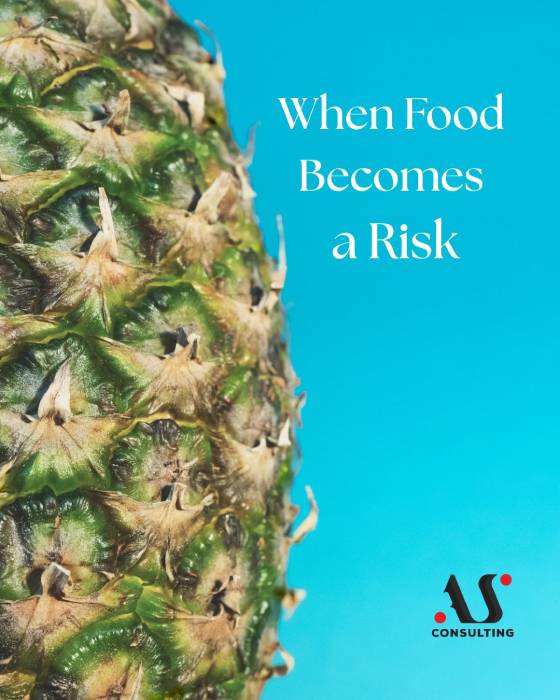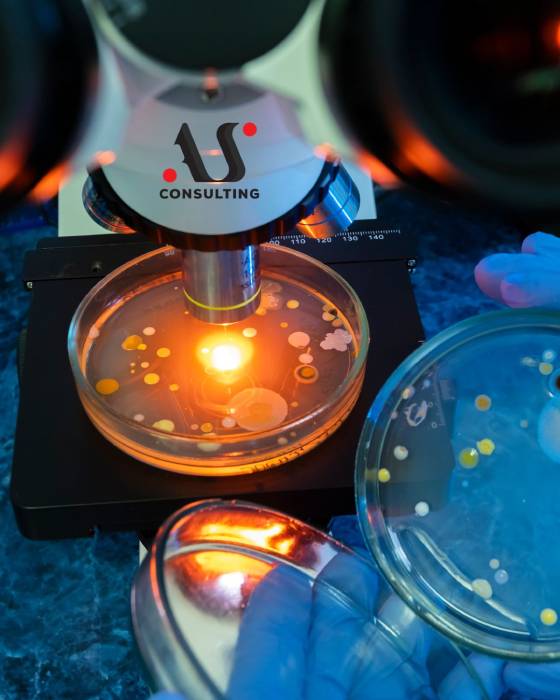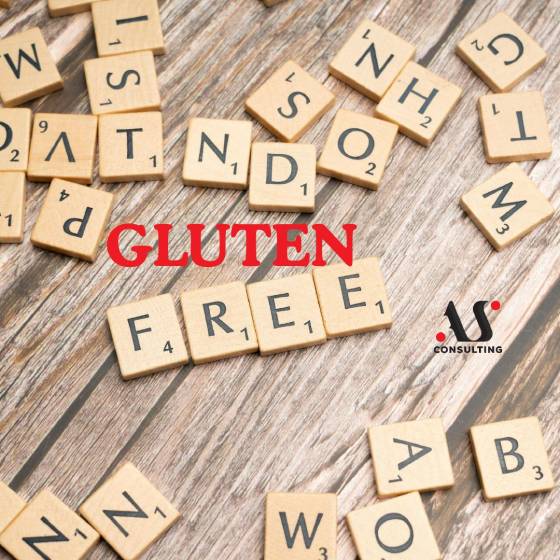
SOCIAL RESPONSIBILITY STANDARDS AND GUIDELINES
August 1, 2022
REVIEW OF GFSI RECOGNIZED STANDARDS
August 1, 2022CUSTOMERS REQUIREMENTS RELATING TO STANDARDS AND ASSESSMENTS FOR SUPPLIERS OF PL (Private Label) BRANDS
Consolidation of retail trade chains and strengthening of their position in the market led to them becoming a factor that dictates conditions to their suppliers. With the development of private brands and their evolution from products of low price and quality to products of the same or higher quality than branded ones, they put themselves in the position of a factor that sets conditions for suppliers regarding mandatory standardization, audits and infrastructure. Retail chains impose increasingly strict standards of product quality and safety on their suppliers, as well as requirements related to second or third-party checks.
PL Brand
In response to the growing crisis and the reduction of consumer purchasing power, retail chains offer customers products under their own (private) brand – PL, which are 10-35% cheaper than “branded” products. And while once these products were of lower quality than branded products, with a small market share, today they are of the same quality and taste, but at significantly lower prices than branded products, and as such they are attracting increasing interest from consumers. That is why today the situation is such that there is almost no food product that has not received a replacement in the form of a private label product in one of the large retail chains.
The term brand-trade brand or private label (PL) is used to describe products that are produced under the own brand name of a large retail chain (“retailer”) and sold as such in the retail stores of that same retail chain. They serve as an alternative to a significantly more expensive, “branded” product of the same type and category. And while in the past these were products of lower quality and price, today retail chains compete through their brand name with “branded” products of identical or even higher quality but at significantly lower prices.
Since private labels are owned and branded by large retail chains, they guarantee their quality and are responsible for any non-conformities. Therefore, in order to gain and maintain the trust of customers, they choose manufacturers who will be able to meet the appropriate standards of product quality and health safety (when it comes to food products). In order for a certain producer to start cooperation with a large trade chain and related to production under the name of a private brand, he must meet the requirements related to the standards of that trade chain and often also introduce the quality or health safety standard of the product that that trade chain requires.
RETAIL CHAINS WITH REFERENCE TO SERBIA
“Retail” is an English word and thus “retail chains” or popularly “retailers” would refer to chains of retail establishments of a certain trade chain. A retail chain is defined as an organization that operates multiple retail establishments within the same industrial category and with the same legal ownership at any time during the research year.
The growth of retail chains in the world began in the 70s of the 20th century, when customers exchanged small domestic stores for large retail chains. Retail chains also begin their international expansion, such as the Metro, Ahold, Carrefour chains. The end of the 20th century brings significant changes in the structure of trade chains, which is reflected in their consolidation, strengthening of the position on the market, as well as gaining the role of the factor that dictates conditions to producers. Also, the retail sector is affected by the process of globalization and internationalization of capital, which is significant because it affects the consolidation of capital and the expansion of retail chains. In the last 10-15 years, the number of small private shops is decreasing in favor of large retail chains. The expansion is going to such an extent that the turnover of certain leading retail chains in the world is higher than the gross national product of some countries.
In Serbia, the crisis that prevailed in the 90s led to the collapse of the then large distribution chains and the transition to small domestic stores. There was noticeable fragmentation of the market, small investments in modernization and lagging behind European and world development trends. At the beginning of the 21th century, the period of transition in Serbia marks the appearance of the first domestic retail chains, as well as the arrival of foreign trade chains. This further means the beginning of the consolidation process, the reduction of the number of small shops (STR), the reduction of the number of wholesalers and their transition to retail establishments, the development of marketing and the appearance of private brands carried by foreign trade chains.
In the last decade of the 21st century, the market share of large retail chains in the market of food products in Serbia is significant and it ranges from 10-30% per retail chain. The strategy of retail chains in Serbia is a combination of retail establishments with a chain of super markets, hyper markets and Cash&Carry facilities. “Retailers” in Serbia are still divided and not as developed as in the EU market, but the transition process has been particularly noticeable in the last few years. Modern buildings are appearing, an increasing number of super markets and hyper markets are opening, and the number of small shops is decreasing. There is an increasing share of products under the private brands of retail chains.
Private label brands have great advantages for their owners: they dictate terms to producers through them, form prices more freely, improve their own brand image, establish a closer relationship with customers and domestic producers. Manufacturers who produce under a private label brand also have advantages: they do not have marketing and promotion costs, and they become recognizable by producing for a private brand. Disadvantages for manufacturers lie in the fact that large retail chains “displace” their products in favor of brands, so that manufacturers become very dependent on production for the brand, where they risk losing their own brand identity.
CONDITIONS SET FOR THE PRODUCERS OF PRIVATE LABELS BY RETAIL CHAINS
Agreeing to produce for the private brand of a large retail chain brings great challenges to the manufacturer. In addition to generally having to “give up” the sale of its brand in that trade chain (so as not to compete with its own product), the manufacturer must meet a number of requirements of the trade chain, but also bear the risk that it can easily be replaced if it does not meet the agreed conditions.
In the initial selection process, reliable suppliers, already positioned on the market, who can meet the conditions of large trade chains related to the quantities of requested goods, stock quantities, delivery times, prices, promotions and rebates, product quality and safety standards are sought. But if a manufacturer or processor wants to supply a large retail chain or get a manufacturing job for a private label, they must have the product quality/safety standard required by that retail chain. The vast majority of trade chains set as a prerequisite for business before the supplier the obligation to apply a certain standard. “The obligation to apply standards can arise from: market demands, contracts or laws. An organization can contractually oblige its supplier to apply a certain standard”
What are the standards required as mandatory by large retail chains?
When it comes to food products, most trade chains require standards far stricter than those established by law. British retail chains require the mandatory application of the “British Retail Consortium” (BRC) standard, while French and German retail chains require the mandatory application of the “International Food Standard” (IFS Food). It is important to note that certification is required from suppliers who produce for private brands, while other suppliers are periodically evaluated and monitored through second or third-party audits, or one of the GFSI-recognized standards (IFS, BRC, FSSC22000) is also required for them, depending on the retailer itself.
It can be seen that with the arrival of retailers in Serbia, the share of companies that are certified by some of the GFSI recognized standards has increased significantly, which certainly affects the improvement of product quality and safety, as well as the culture of food safety itself. In the last 10 years or so, it is almost impossible to imagine a serious food manufacturer that is not certified by the GFSI recognized scheme, where even the certification represents a “ticket” to large trade chains.
Anyway, the changes are positive and the culture of food safety is stronger from year to year, as well as the awareness of producers and consumers.




